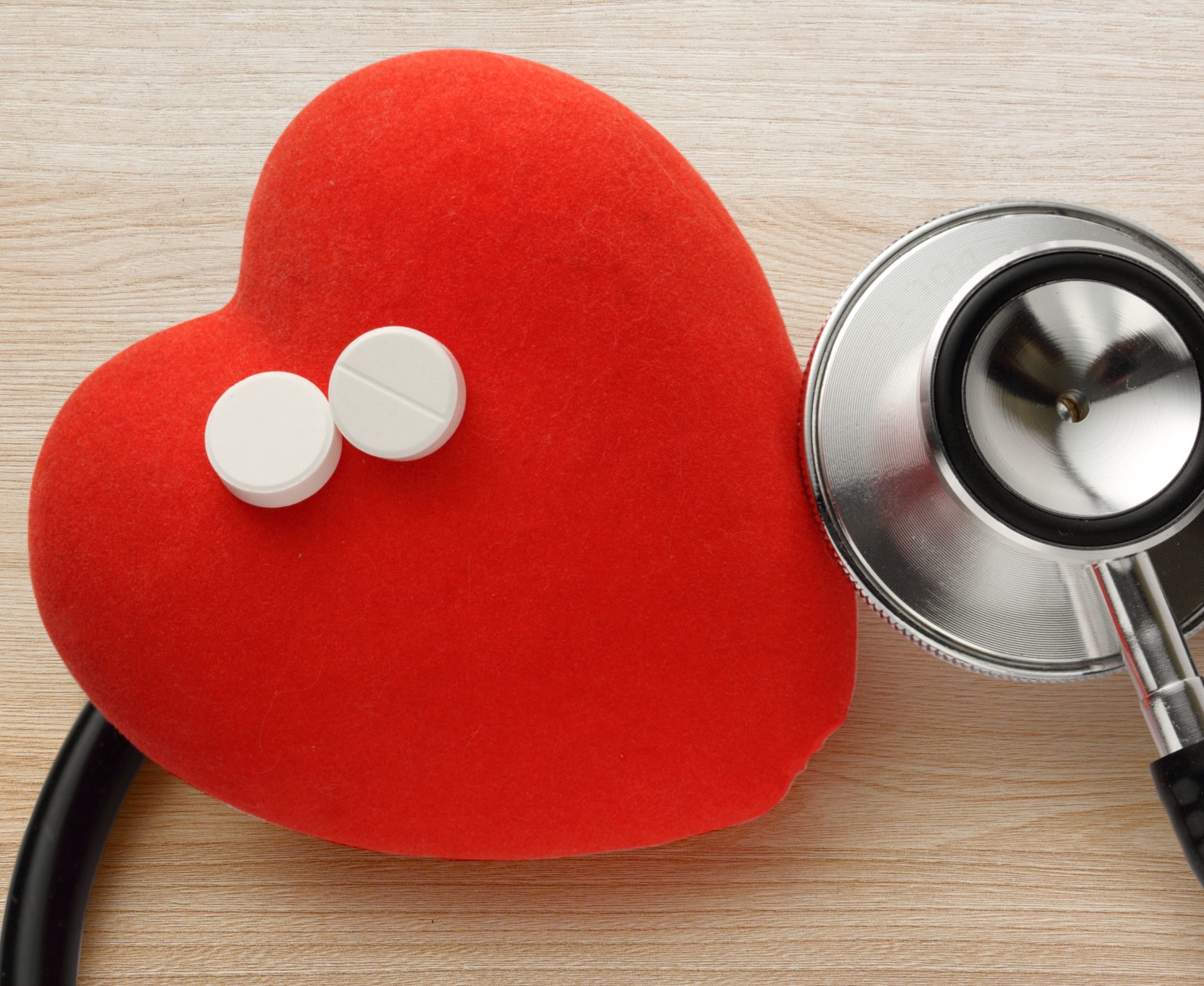Should You Take a Daily Aspirin to Prevent a Heart Attack?

October 19, 2021
Updated: 01/27/2022
The U.S. Preventive Services Task Force in October 2021 released updated recommendations for preventative aspirin use: Adults over the age of 60 should no longer consider taking a daily aspirin to prevent a first heart attack or stroke. For adults ages 40 to 59 who are at higher risk for cardiovascular disease and who do not have a history of cardiovascular disease, the task force now recommends they decide with their doctor if they should take a daily low-dose aspirin as a preventive measure.
“It’s important to know that someone should not start taking aspirin daily simply because they’ve reached a certain age,” says Brett Sealove, M.D., chief of cardiology at Jersey Shore University Medical Center. “It’s also important to note that the task force’s recommendations apply to people who are not currently taking a daily aspirin. If your doctor has recommended a daily low-dose aspirin to you because you’ve had a heart attack or stroke, this new guidance doesn’t apply to you.”
Why the Change?
While aspirin has been shown to lower the chance of a first heart attack or stroke, it also could potentially cause internal bleeding in the stomach, intestines and brain. The chances of this occurring increase with age and can be life-threatening. Because of this, people ages 60 and older are advised not to start taking aspirin daily if they have not been doing so already.
If you are already taking aspirin daily, talk to your doctor about what’s right for you based on your specific health condition.
How to Keep Your Heart Healthy
“Heart disease remains the leading cause of death in the United States,” says Dr. Sealove. “As you get older, it becomes even more important to remain vigilant about your heart’s health.”
Maintaining your heart health is a lifelong responsibility. Here are some things that you can do to help your heart to stay strong as you age:
- Reduce your sodium intake by cooking more meals at home. Be sure to read the labels on your food, as the recommended daily salt intake is just 1,500 mg.
- Take time to rest and de-stress. Make sure that you are getting adequate sleep each night.
- Lessen your alcohol intake.
- If you smoke, quit. Smoking is very unhealthy and does a great deal of damage to the heart. Get the help you need to stop for good.
- Commit yourself to exercising daily for a minimum of 30 minutes.
- Have open conversations with your doctors and work with them to maintain your overall health.
Next Steps & Resources:
- Meet our sources: Brett Sealove, M.D. To make an appointment with a doctor near you, call 800-822-8905.
The material provided through HealthU is intended to be used as general information only and should not replace the advice of your physician. Always consult your physician for individual care.
Find a doctor near me
“Satisfaction” After Jagger’s Heart Procedure

Heart valve replacement: Learn about minimally invasive options & quicker recovery. Advances in cardiovascular therapy offer hope.
Can Heart Failure Be Reversed?

Reverse heart failure? Learn how Dr. Berkowitz helps patients manage and improve their condition. Find hope and resources for better heart health.
Find a doctor near me

Causes of Heart Inflammation
Understand heart inflammation causes. Dr. Hollenberg explains myocarditis, pericarditis, and endocarditis. Learn about prevention and treatment. Call 800-822-8905.

Surprising Signs You May Be Having a Heart Attack
Recognize surprising heart attack signs. Dr. Astudillo explains symptoms & importance of immediate care. Call 800-822-8905 now.

What Causes a Heart Attack at a Young Age?
Young heart attack causes explained. Learn about risk factors & prevention. Dr. Husain offers expert insights. Call 800-822-8905 for care.

6 Proven Ways to Lower Your Resting Heart Rate
Lower your resting heart rate with 6 proven ways. Dr. Timmapuri offers expert advice. Learn more and schedule an appointment today.
